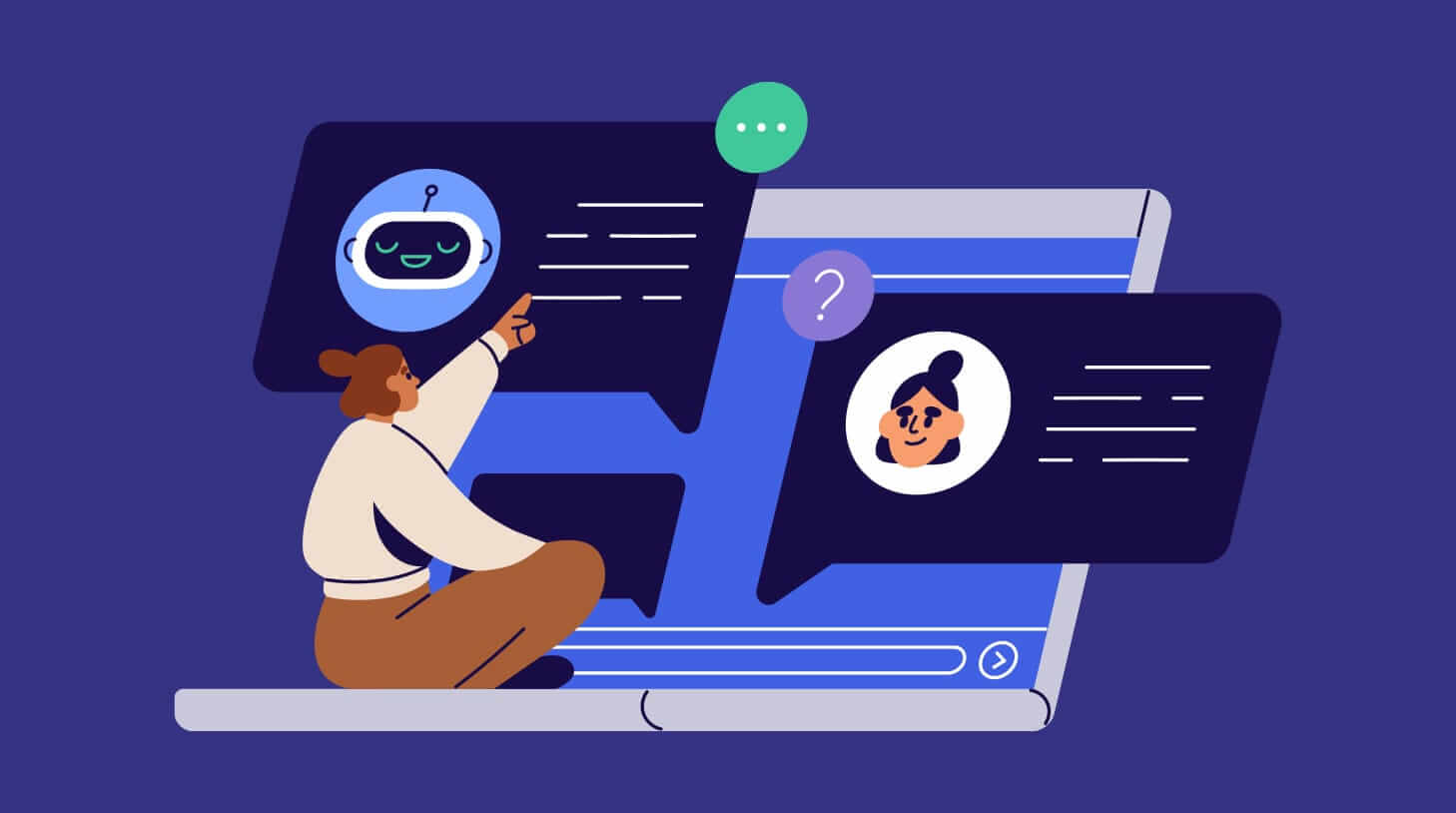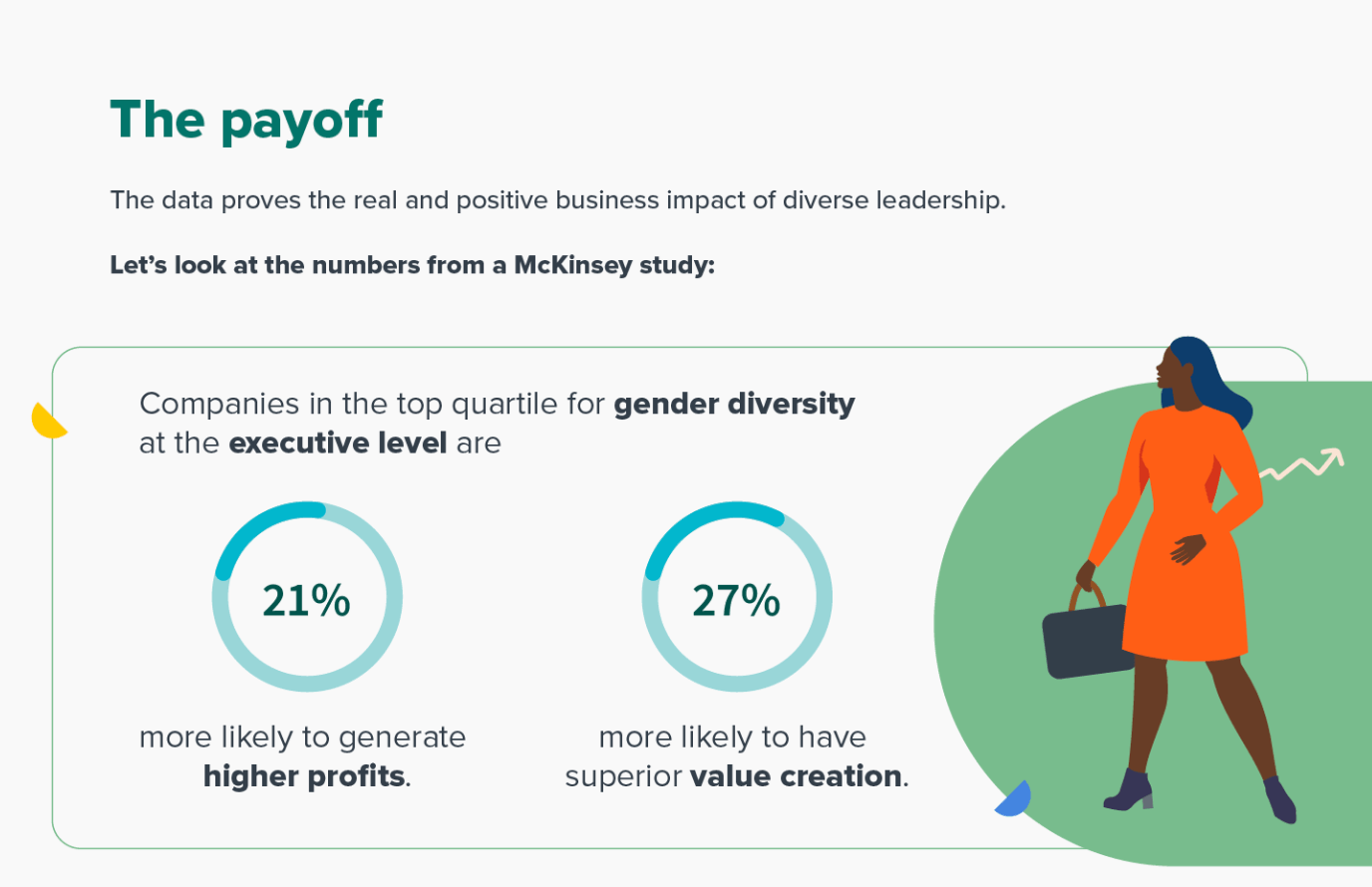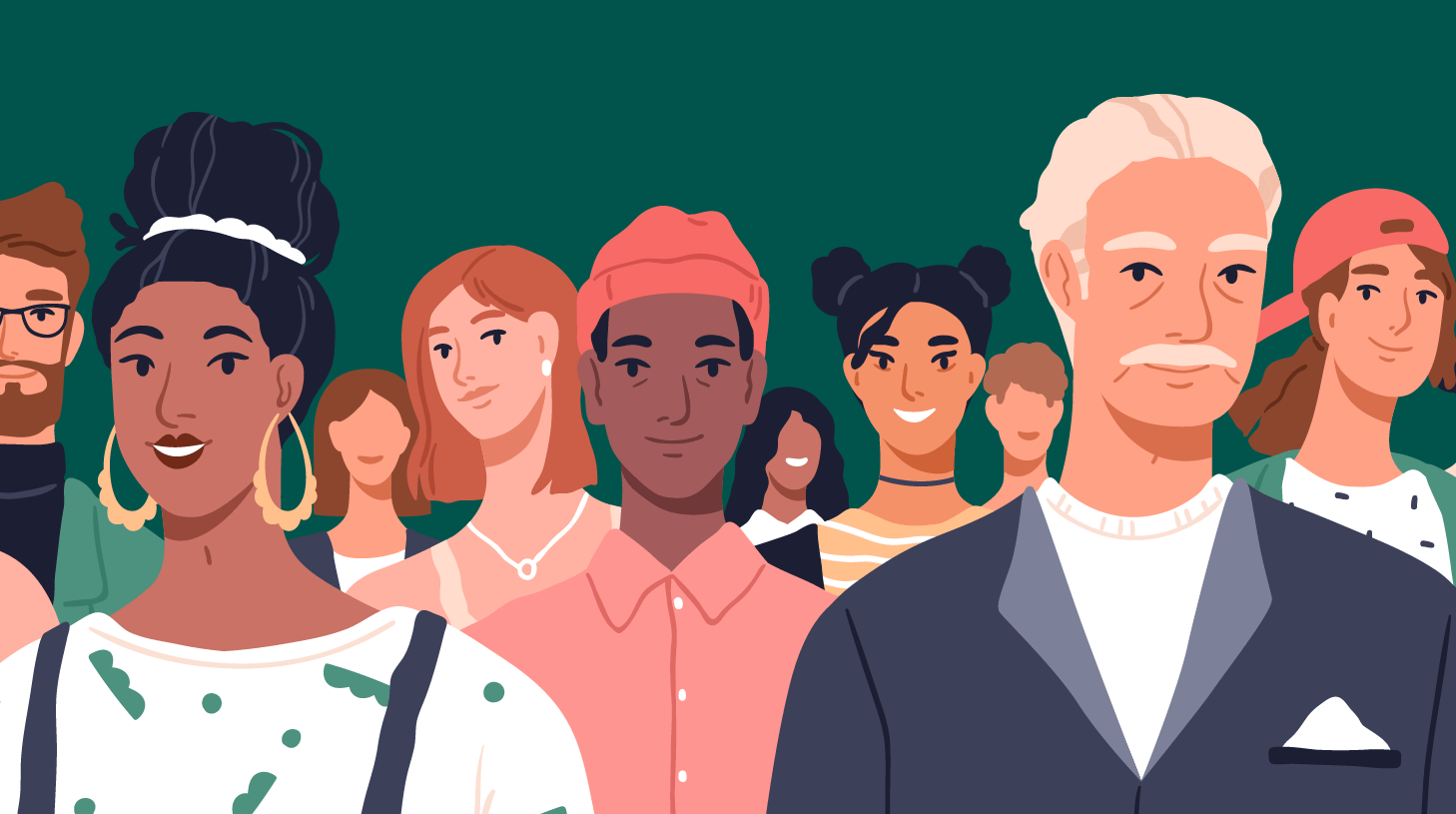Can AI help beat unconscious bias in hiring? Yes, it can
What's the role of AI in recruitment and its potential to address unconscious bias? Here, we highlight the importance of balancing technology with human oversight to create a more fair and diverse hiring landscape while emphasizing that regular audits, working closely with developers, and compliance with regulations are crucial steps towards achieving effective and inclusive hiring practices.

It is the most discussed topic of our time in HR circles. Can AI be programmed to recognize unconscious bias? If yes, how will this change the hiring landscape? Let us pave the way for overcoming unconscious bias by utilizing the power of AI, while simultaneously promoting workplace diversity through effective recruitment.
It should come as no surprise that most people make choices and live according to biases that have been instilled in them since childhood. These biases can lead to poor hiring decisions in the recruitment process.
It is no secret that emphasis can sometimes be placed on non-relevant factors such as gender, age, weight, color, and beauty, rather than focusing on the candidate’s actual knowledge and skills. According to a survey, approximately 63% of hiring managers admit to forming judgments about applicants within the first 15 minutes of an interview.
The latest developments in recruitment, along with the increasing use of AI tools, can provide a helping hand in eliminating biases from the screening process. Particularly in today’s society, where more companies are striving to reshape their culture and become more inclusive, AI tools can be a tangible solution to creating a more unbiased hiring landscape.
Contents
The rise of AI in recruitment
Over the last few years, AI has become an integral part of our hiring toolkit. It’s not hard to see why. AI promises efficiency, scalability, and the ability to sift through mountains of data in seconds.
According to LinkedIn’s 2023 Global Talent Trends Report, nearly 68% of hirers feel very optimistic about the impact of Generative AI in their work. They tend to use AI tools to automate repetitive tasks, to effectively source candidates and to engage better with them.
But what do we know until now about the unconscious bias deriving from AI? Let’s elaborate more on that.
Understanding unconscious bias in hiring
Before we delve into the AI-bias relationship, it’s crucial to get a clear picture of unconscious bias. These are the subtle, often unnoticed prejudices that influence our decisions. They can sneak into job postings, resume screenings, and interviews, creating a skewed playing field.
Researchers agree that unconscious bias can lead to a lack of diversity, which affects team performance, innovation, and revenue. According to a McKinsey study, companies that are ethnically diverse are 35% more likely to earn above-average revenue, while gender-diverse companies have a 15% higher chance of achieving the same outcome.
Unconscious biases had already been applied in the hiring process in many cases prior to the emergence of AI tools.
Let’s say an HR professional, named Mary, is screening resumes for a tech role. Unconsciously, she gravitates towards candidates from her alma mater and those with big-name tech companies on their resumes. This ‘affinity bias’ and ‘prestige bias’ subtly creep in, skewing the process. As a result, equally or even more qualified candidates from lesser-known schools or firms may be overlooked, limiting the diversity and talent range considered for the position.
Imagine now that a few disqualified candidates are sending an email accusing the company of prejudice in their hiring process or even suing the company for discrimination!
This example highlights how biases can significantly impact the recruitment process and the branding of a company. With this in mind, it is possible that biases may obscure important details in candidates’ resumes.
While experienced HR professionals have managed to overcome these prejudices when hiring, we can now move on to how AI can be educated in a manner that prevents undermining candidates when matching them with specific job opportunities.
AI and unconscious bias
AI tools, designed to standardize recruitment, appear to be a promising solution. They can conduct ‘blind’ screenings, removing data related to gender, ethnicity, or age. They can standardize interview questions and evaluate candidates solely based on their responses.
On the other hand, there are growing voices claiming that algorithms are prone to discrimination. These concerns are raised due to some real events that happened in the recent past.
The truth is that AI offers plenty of flexibility in our hands, but the potential for fallacy which lies behind this notion of AI opens up a whole new discussion. Faulty and biased design allegations have been raised against prominent companies in the recent past like Amazon, Apple, and the UK’s passport photo checker.
Amazon, for instance, discontinued a recruitment algorithm that had inadvertently learned to favor male candidates. Apple faced scrutiny from US regulators due to allegations that its credit card provided different credit limits based on gender. Furthermore, women with darker skin were found to be twice as likely as lighter-skinned men to receive notifications of failed UK passport photo compliance.
Remember the racist soap dispenser? Watch the video below:
A recent study by two researchers of Technical University of Munich dived into the ethical side of using AI in recruitment. They make a case that we shouldn’t just label AI recruiting as completely unethical when it comes to human rights. They come up with some ethical implications for AI recruiting, like the importance of validity, autonomy, non-discrimination, privacy, and transparency. Their research sheds light on the complicated relationship between AI and human rights in hiring practices.
As the driver of the hiring process, you have the power to leverage AI to enhance various aspects of recruitment. With AI’s support, you can optimize candidate selection, minimize biases, and improve overall hiring outcomes.
By harnessing the capabilities of AI-driven tools and technologies, you can drive a more effective and inclusive recruitment process. Remember, more inclusive hiring practices mean more productive and innovative working environments.
The picture isn’t entirely rosy, though. AI tools learn from data – and often, that data reflects our biased world.
Related: AI, ChatGPT and the human touch in hiring
Overcoming unconscious bias with AI
Now, let’s talk about how you might overcome this challenge and make the difference.
Behind the algorithms are teams of skilled developers who train and set parameters in the production process of these LLMs. We also know that AI follows its own unique learning journey and can in the process fatally create its own biases.
Kate Crawford, a senior principal researcher at Microsoft, stated in an interview on Business Insider that: “When AI systems are revealed to be producing discriminatory results along the categories of race, gender, or disability, then some companies commit to reforming their tools or diversifying their data.”
“When AI systems are revealed to be producing discriminatory results along the categories of race, gender, or disability, then some companies commit to reforming their tools or diversifying their data.”
In the same interview she concludes that “what is most needed is regulatory action”.
Indeed, by working closely with the developers who specialize in AI and following the state regulations, you can shape the conditions that will allow this technology to override any unconscious biases and bring about an outcome that will encourage collaboration with people who have the skills for the job.
For example, Workable is always working on AI tools that actively help HR managers and business owners seeking candidates based exclusively on their skills and knowledge, leveling up your hiring game with latest onboard & manage and up-to-date AI features!
The doubtless role of human oversight
AI isn’t a silver bullet for unconscious bias. It’s a tool – a potentially powerful one – but it requires human oversight. As HR professionals, we must ensure that our AI tools are trained on diverse, unbiased data sets. Regular audits are crucial to detect and rectify any bias.
The human factor will always be crucial when hiring new candidates. Although the automation of procedures, including the onboarding process, is expected to increase, certain aspects of the hiring process are difficult to replace.
These include the interview stage, establishing rapport, and gaining a deep understanding of a candidate’s personality.
As Glen Cathey, SVP of Workforce Advisory & Digital Strategy at Randstad, states: “For the foreseeable future of recruiting, humans will still play an essential role. Humanness still matters, especially for hard-to-fill jobs, and the core of that is empathy. A good recruiter brings the opportunity and company to life, beyond what a person can see on a website or job description.”
Balance humans and AI in hiring – and get results
The rise of AI in hiring offers you numerous opportunities, one of which is addressing the critical issue of unconscious bias. While overcoming bias still requires the essential human element, strategic utilization of AI alongside human involvement in the hiring process can lead to a highly effective and diverse team that drives impactful outcomes for your company.
Frequently asked questions
- Can AI completely eliminate unconscious bias in hiring?
- While AI can significantly reduce unconscious bias, it's not foolproof. It requires human oversight, regular audits, and training on diverse data sets.
- How does unconscious bias affect the hiring process?
- Unconscious bias can skew the recruitment process, leading to a lack of diversity and potentially overlooking qualified candidates.
- What are some real-life instances of AI bias in recruitment?
- Amazon once discontinued an AI recruitment tool that favored male candidates. Likewise, the UK's passport photo checker showed bias against women with darker skin.
- How can we ensure AI tools are unbiased?
- Regular audits, training AI on diverse data sets, and maintaining human oversight are essential to ensure AI tools don't perpetuate bias.
- Are AI tools the future of recruitment?
- AI tools play a significant role in modern recruitment, but they don't replace the human touch. Certain aspects, like understanding a candidate's personality, still require human interaction.





